These Are The World’s Best Cities For Cycling
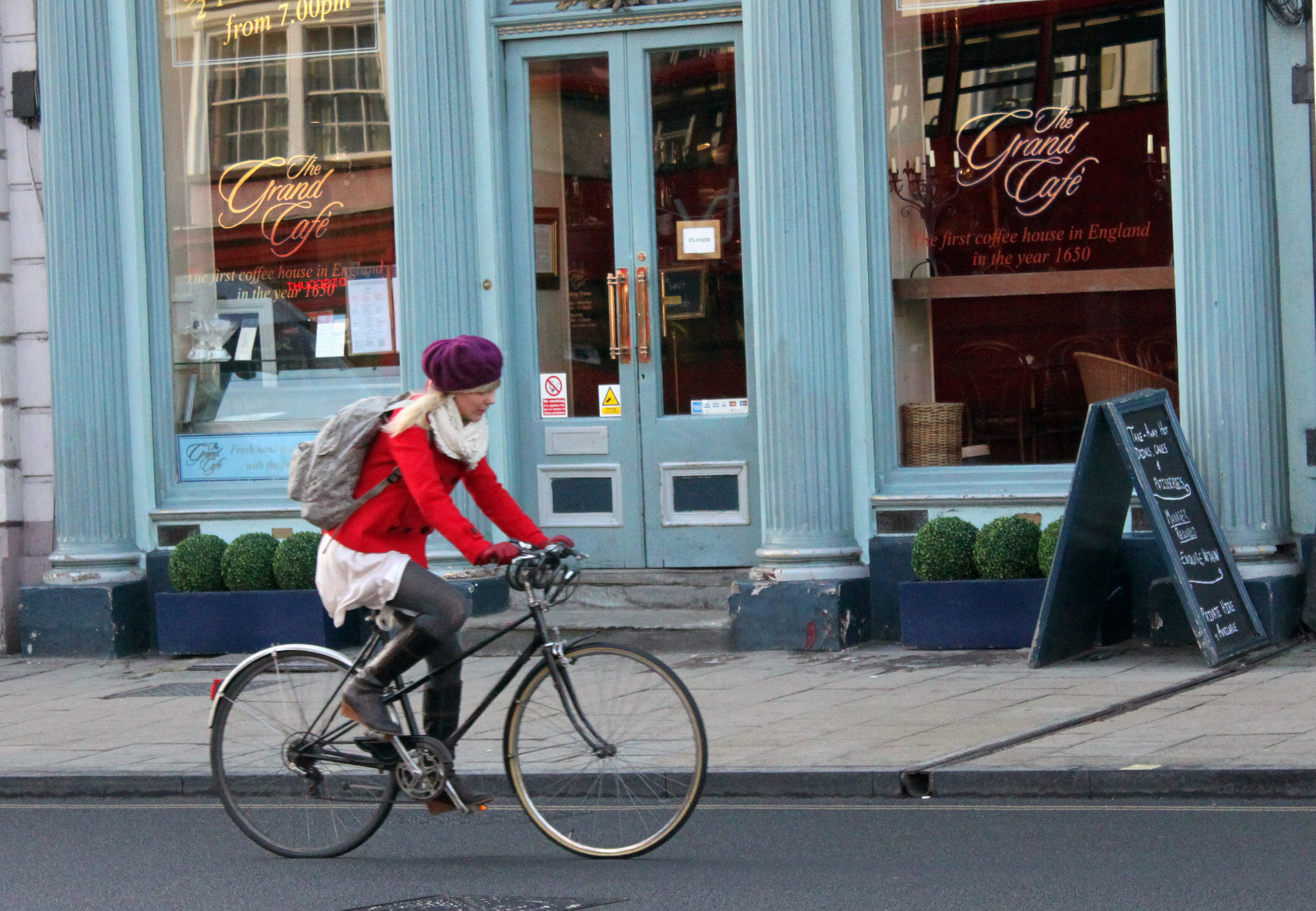
Cycling is one of the greatest ways to explore a city — it offers ultimate freedom while also being one of the most environmentally friendly modes of transport. Every year, Copenhagenize, a Denmark-based bicycle design company release a comprehensive index, ranking of world’s best cities for cycling.
The company analyse cities around the world, giving them a score in order to determine the best and most effective method to incorporate cycling into the urban landscape.
[listicle]Copenhagen, Denmark
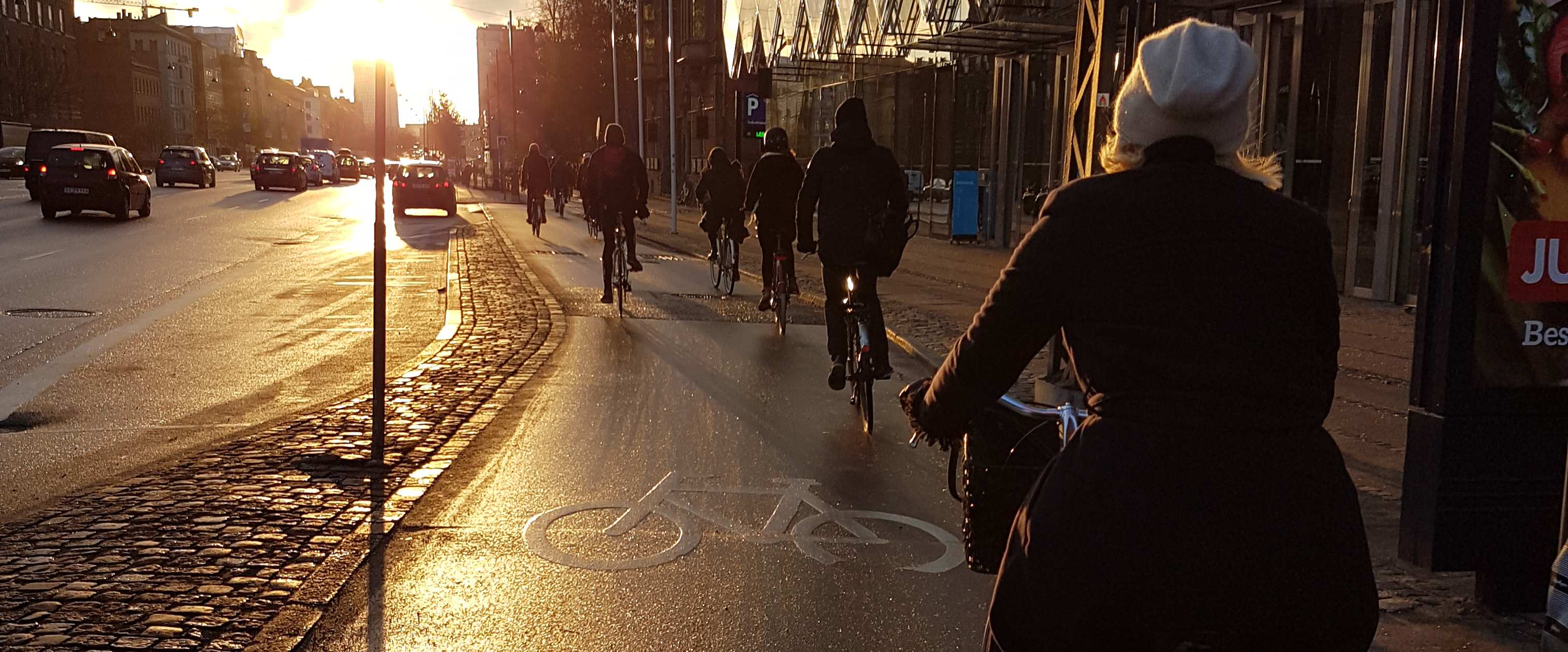
Copenhagen has invested over $200-million (€134-million) in bicycle infrastructure and and facilities over the last 10 years, resulting in 62 per cent of citizens riding their bikes to work daily. Needless to say, that effort nabbed Copenhagen the top spot.
Image: Copenhagenize
Utrecht, Netherlands
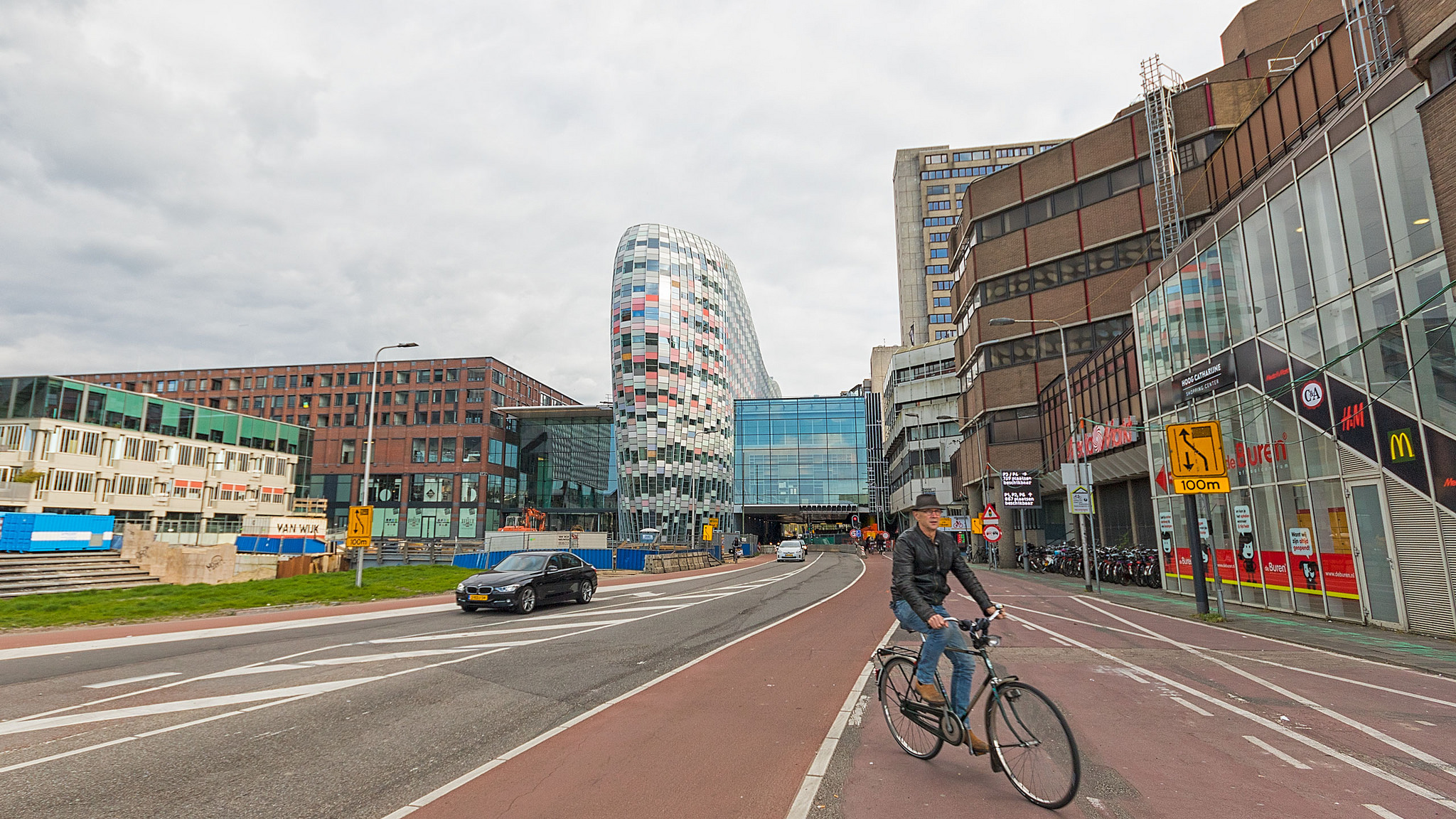
Utrecht boasts some of the world’s longest “bicycle streets”, some as long as 6km, allowing cyclists to easily coast through the city.
Image: Marcelo Campi / Flickr
Amsterdam, Netherlands
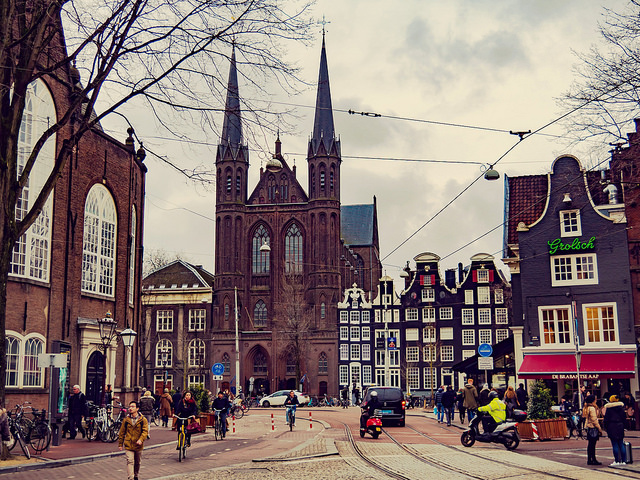
The city landscape of Amsterdam is an unbeaten spectacle, and the city continues to develop new ways to make the it even more bike-friendly.
Image: jim2302 / Flickr
Strasbourg, France
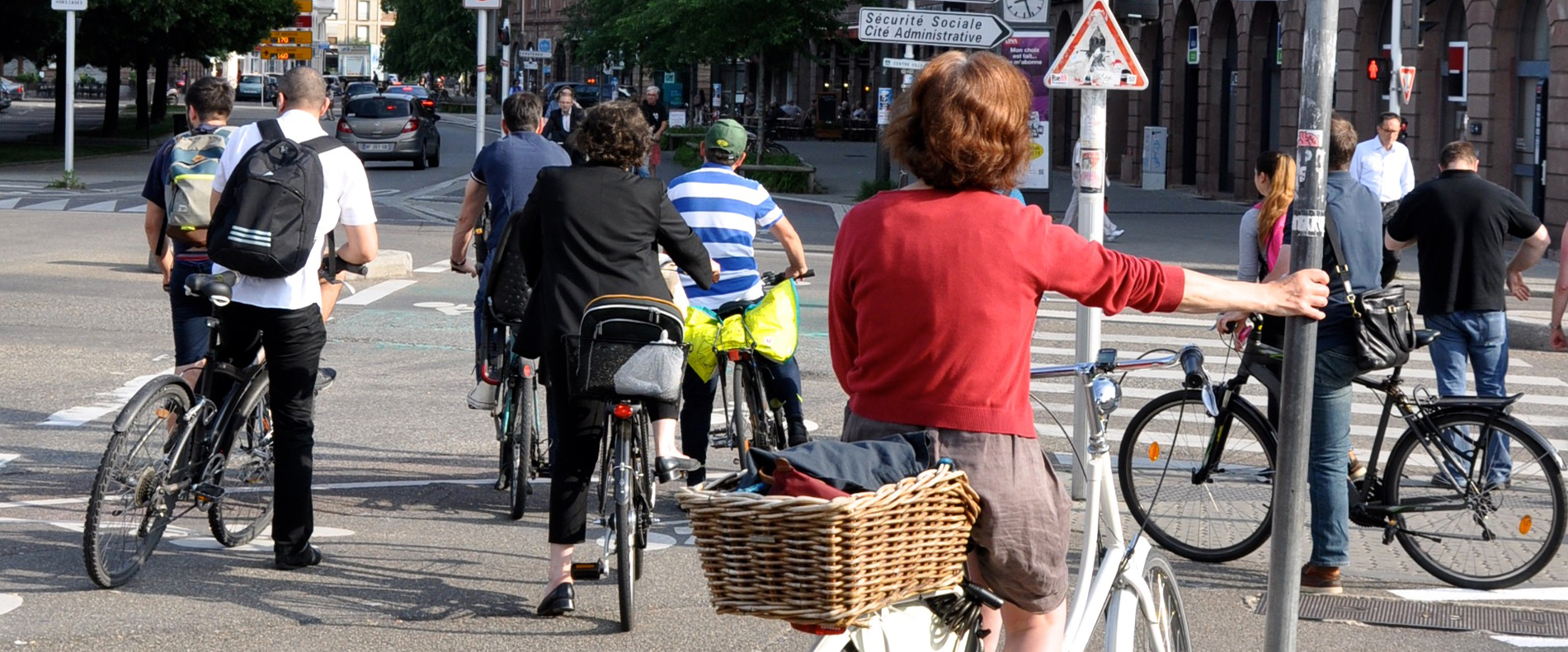
Strasbourg is planning a coherent network of “bicycle superhighways”, attempting to establish the bicycle as a form of transport equal to public transport.
Image: Copenhagenize
Malmö, Sweden
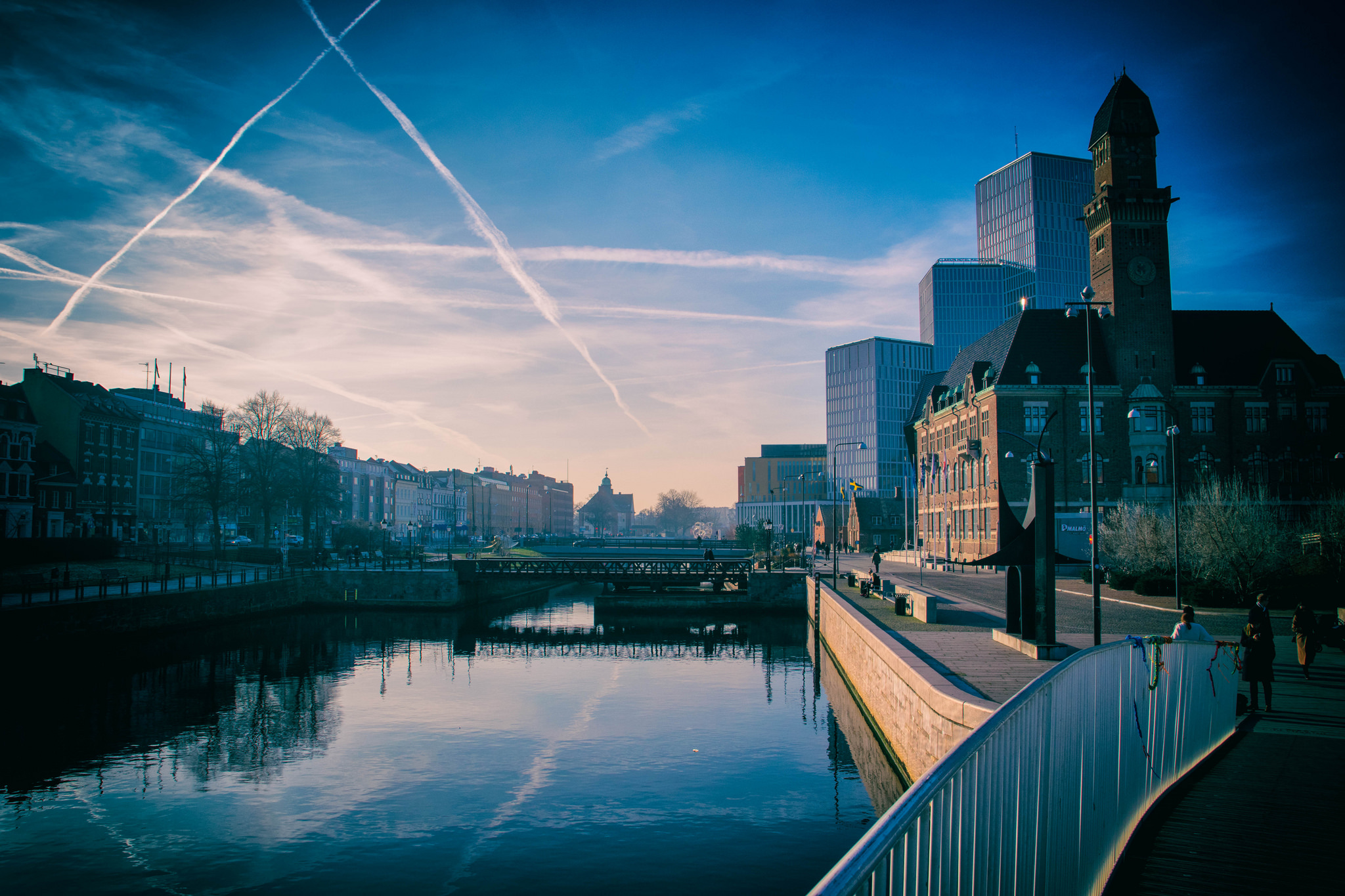
Malmö, in Sweden, has just opened a project dubbed Cykelhuset (The Bicycle House), a development designed to allow residents to live car-free and to accommodate bikes and cargo bikes throughout the entire building.
Image: Maria Eklind / Flickr
Bordeaux, France
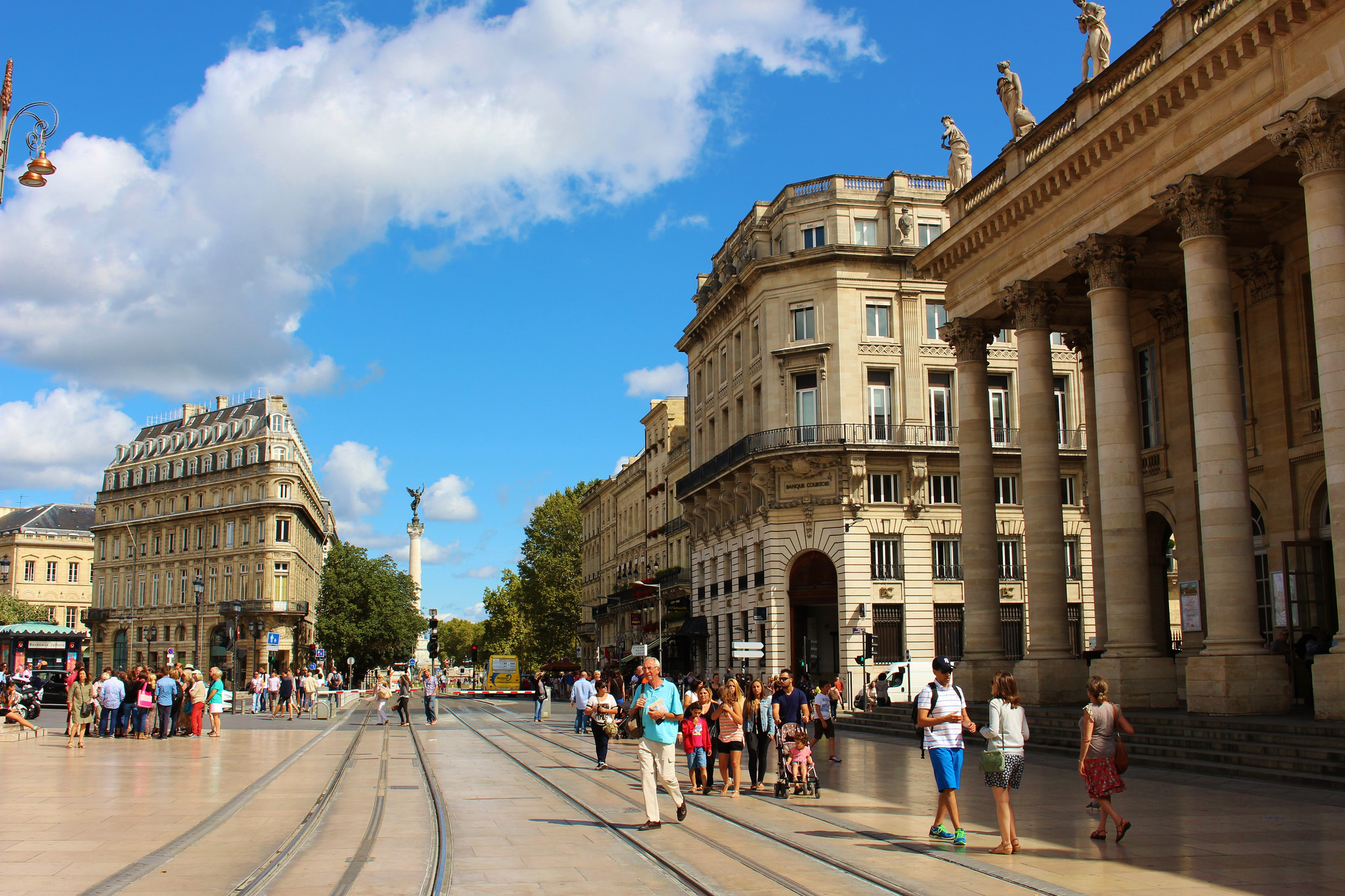
Bordeaux is the only city in France that sees more women cycling than men. On ya bike, boys.
Image: traveljunction / Flickr
Antwerp, Belgium
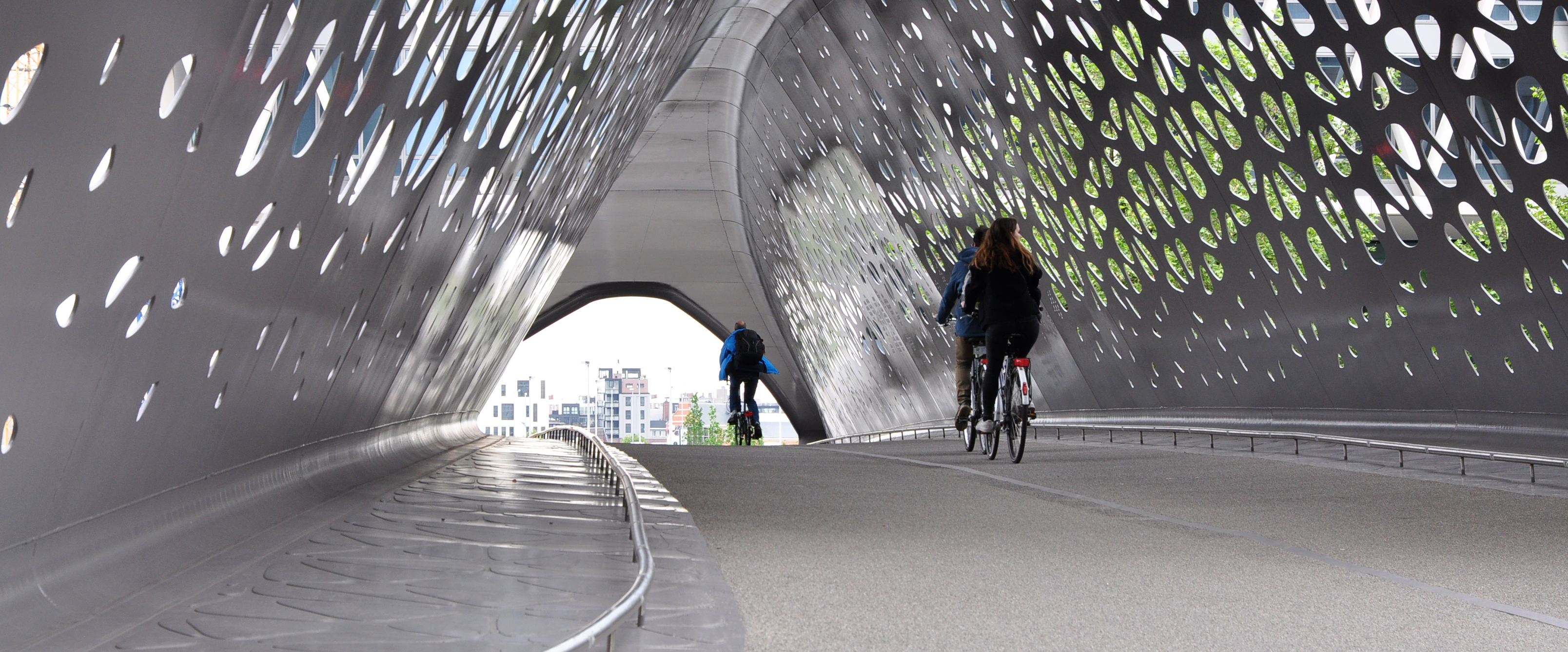
Antwerp has plans for wide, protected cycle tracks along the harbour, as well as three new bicycle/pedestrian bridges.
Image: Copenhagenize
Ljubljana, Slovenia
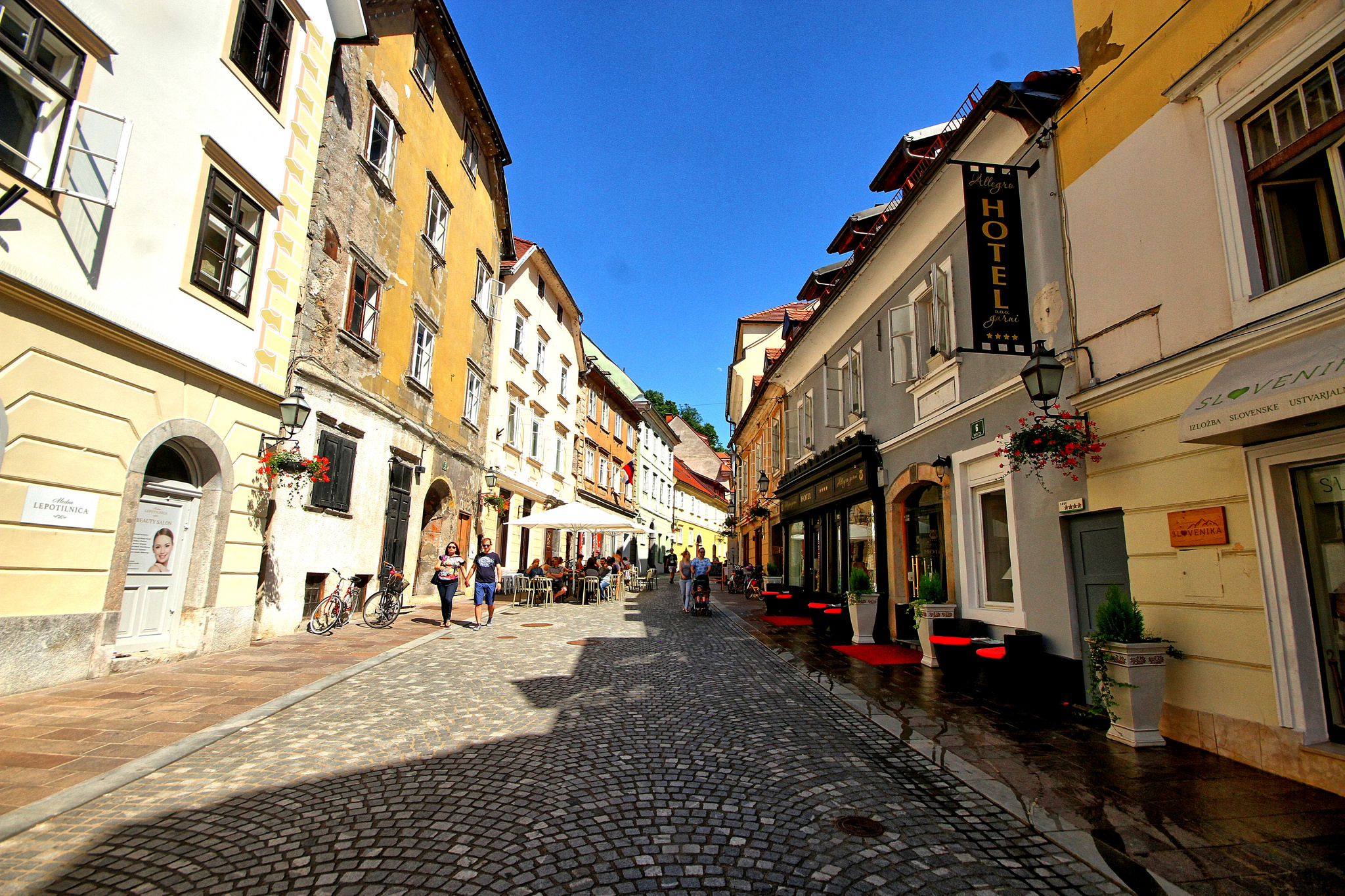
Ljubljana has seen an increase in its number of bike-share programs, with plans to continue to grow this number, resulting in a more bicycle-friendly city.
Image: biosynthesis24/ Flickr
Tokyo, Japan

Japanese capital, Tokyo, sees 20 per cent of metropolitan citizens cycle to its many train stations.
Image: Copenhagenize
#10 Berlin, Germany
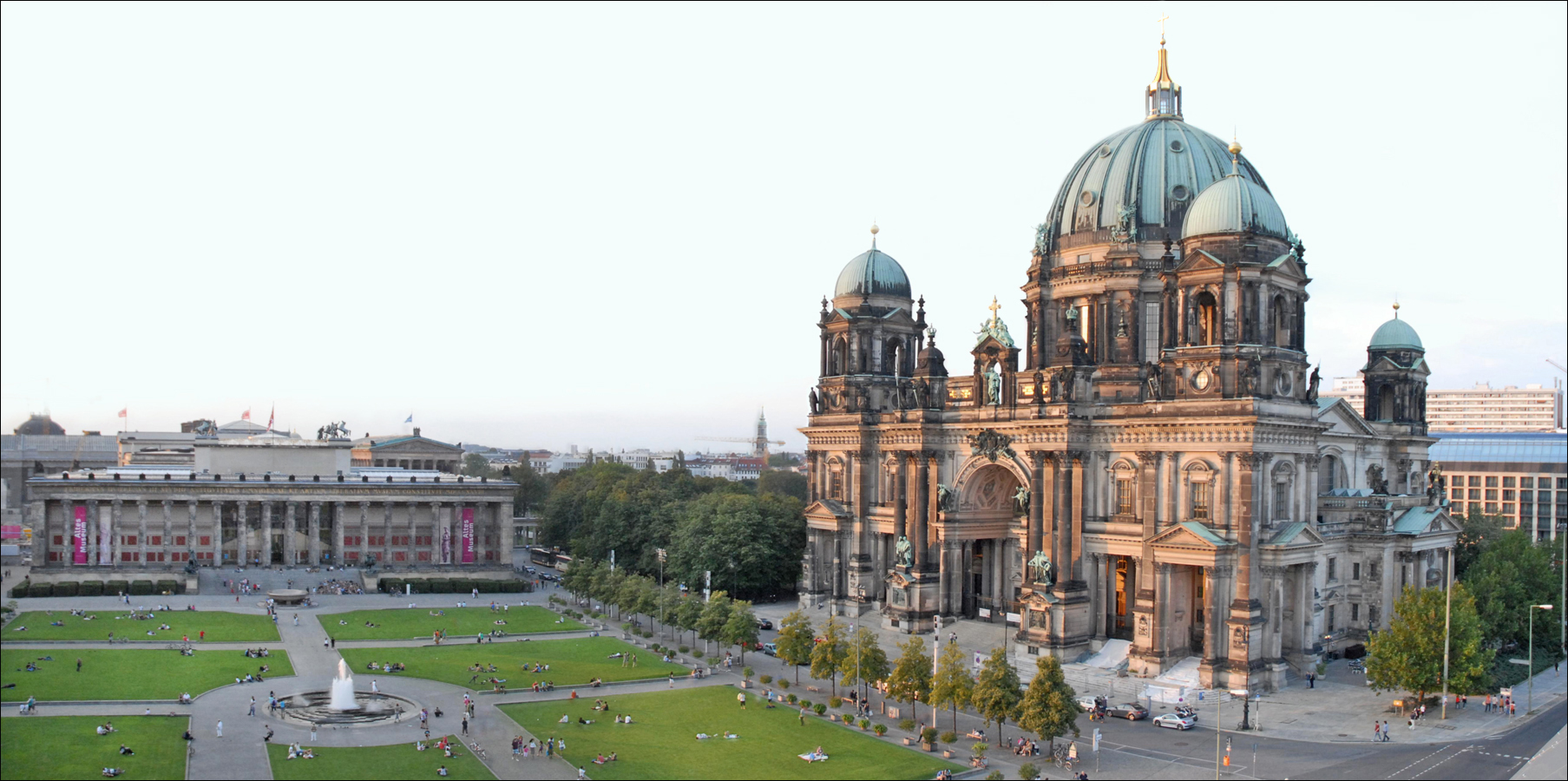
Up two spots from last year, Berlin’s cycling activists petitioned so hard for better conditions that the issue was brought before city council — that’s how you put cycling on the agenda with a bang.
Image: Jean-Pierre Dalbéra / Flickr
Barcelona, Catalonia
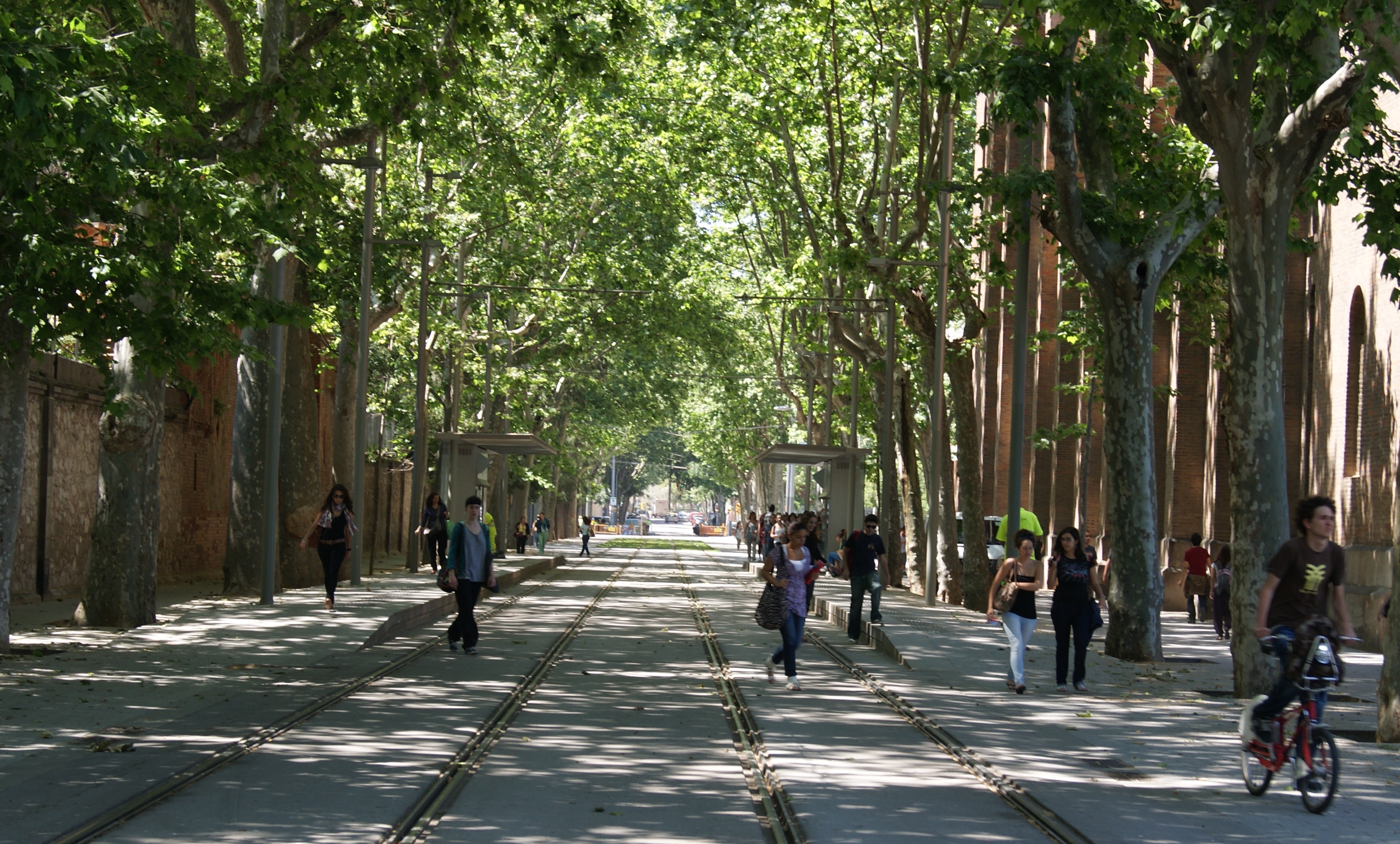
At the moment, 62.5km of cycling tracks are under construction in Barcelona, at a cost of over $30 million (€20 million).
Image: Teresa Grau Ros / Flickr
Vienna, Austria
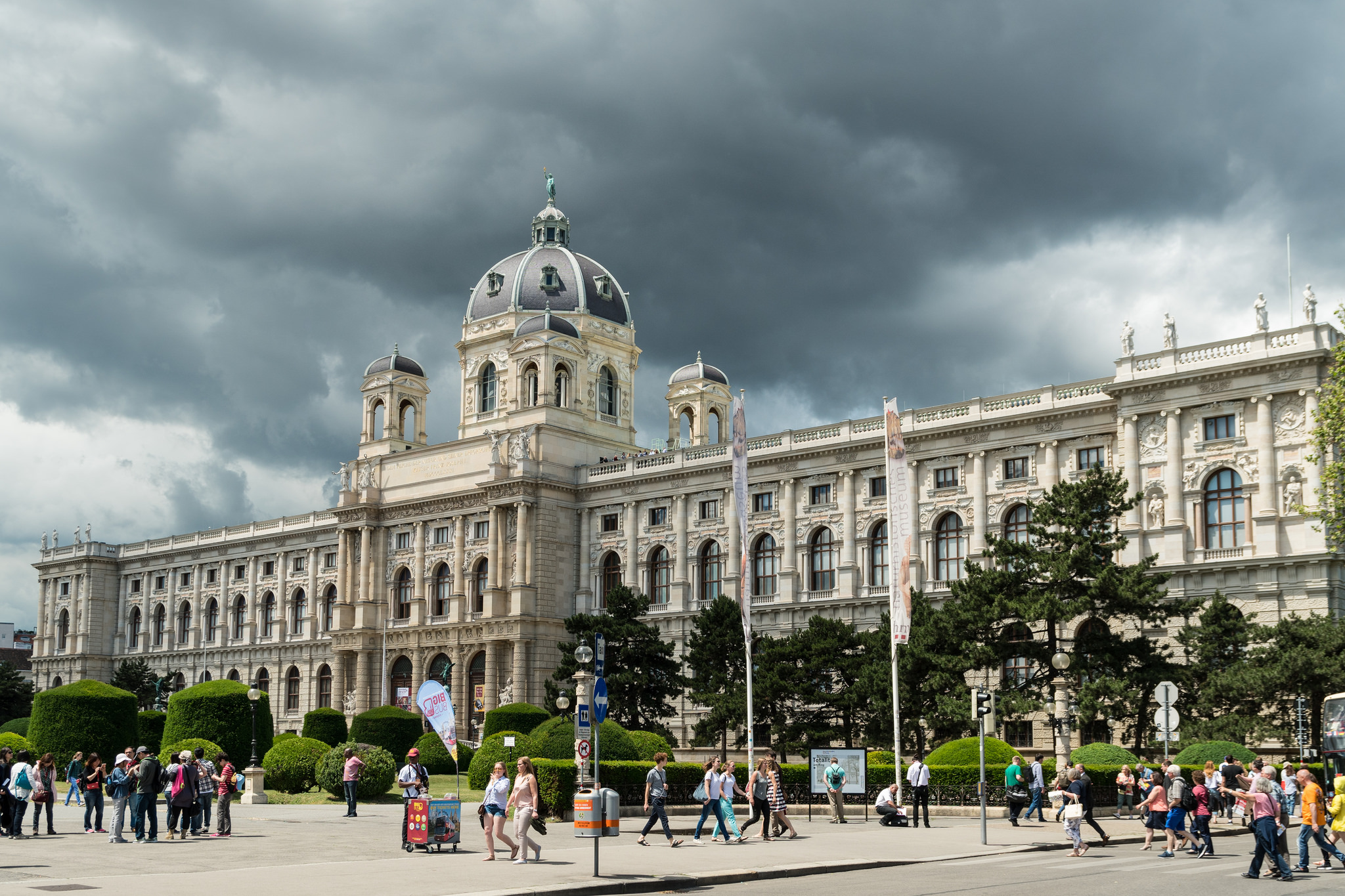
Vienna boasts 1300km of bike infrastructure, much of which is recreational. As a result, the city doesn’t see a whole lot of car traffic. How’s the serenity?
Image: Sandor Somkuti / Flickr
Paris, France
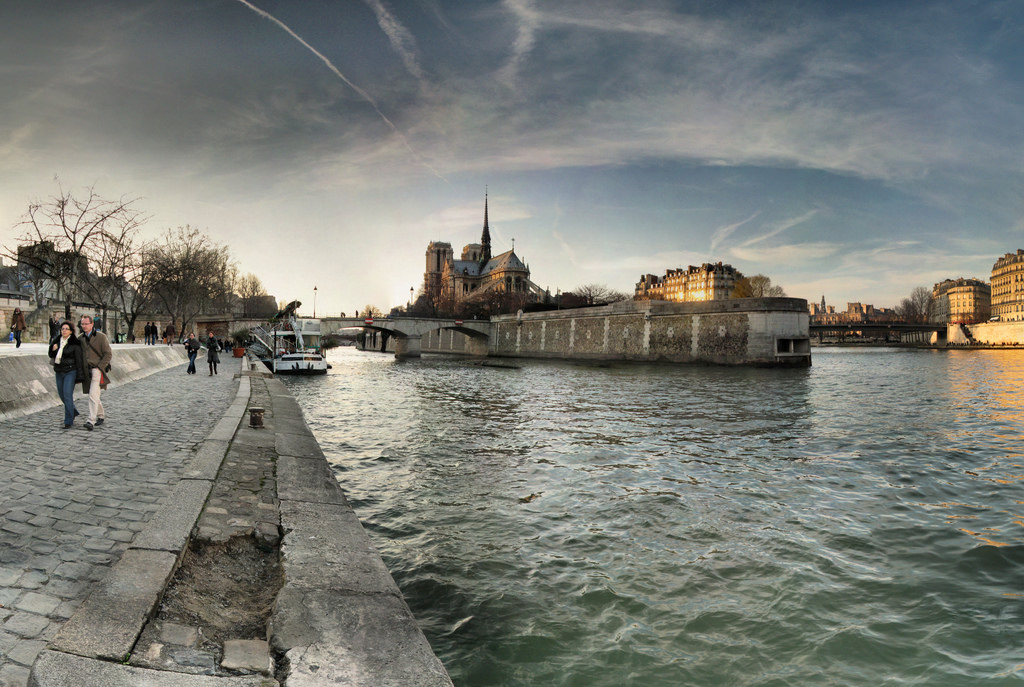
Paris rose four spots since last year’s index, as a result of political protest. As in Berlin, the issue of accessibility was raised before the city council, resulting in a plan of 15 per cent modal share by 2020.
Image: Panoramas / Flickr
Seville, Spain
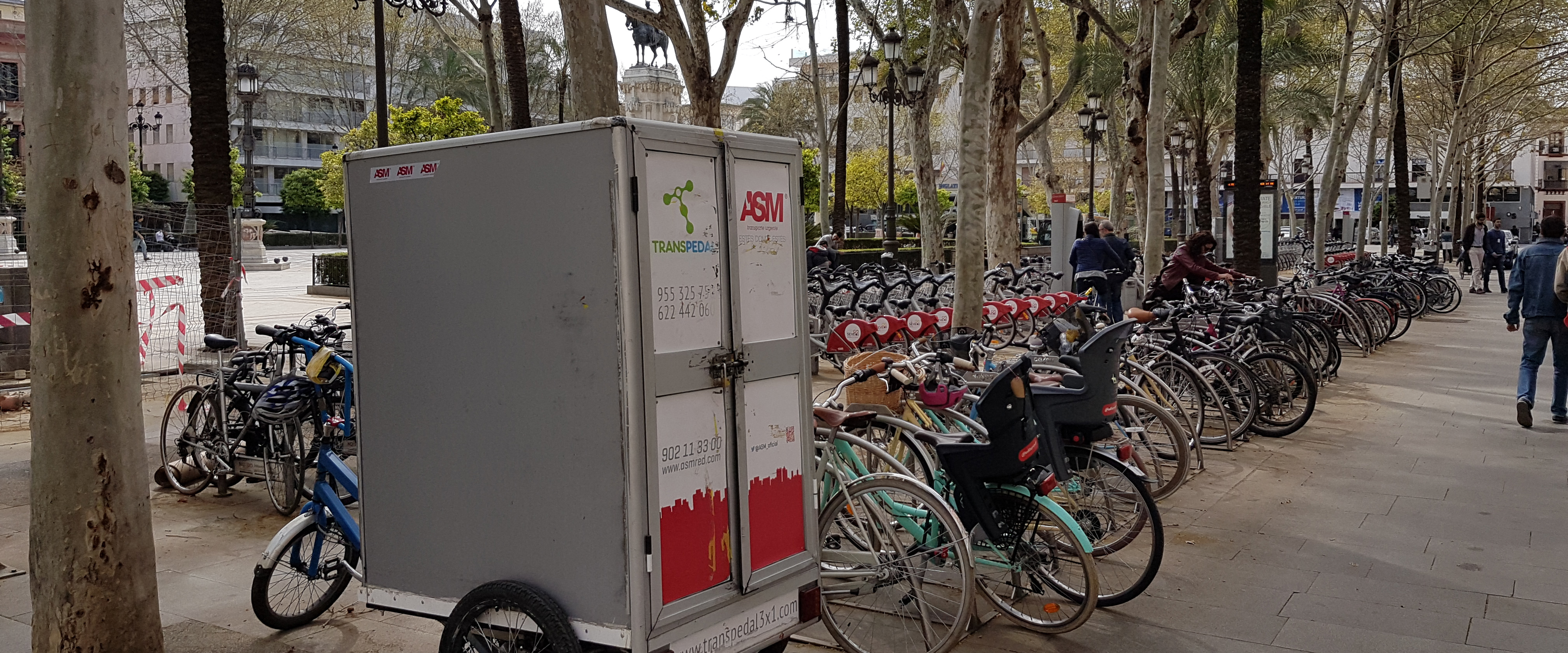
In Seville, seven per cent of residents choose bicycle as their preferred mode of transport. With that in mind, the city is making plans to upgrade their existing infrastructure to increase that number.
Image: Copenhagenize
#15 Munich, Germany

Munich has 14 bicycle superhighways in the works, encouraging people to cycle to the city from suburbs further away.
Image: Copenhagenize
Nantes, France
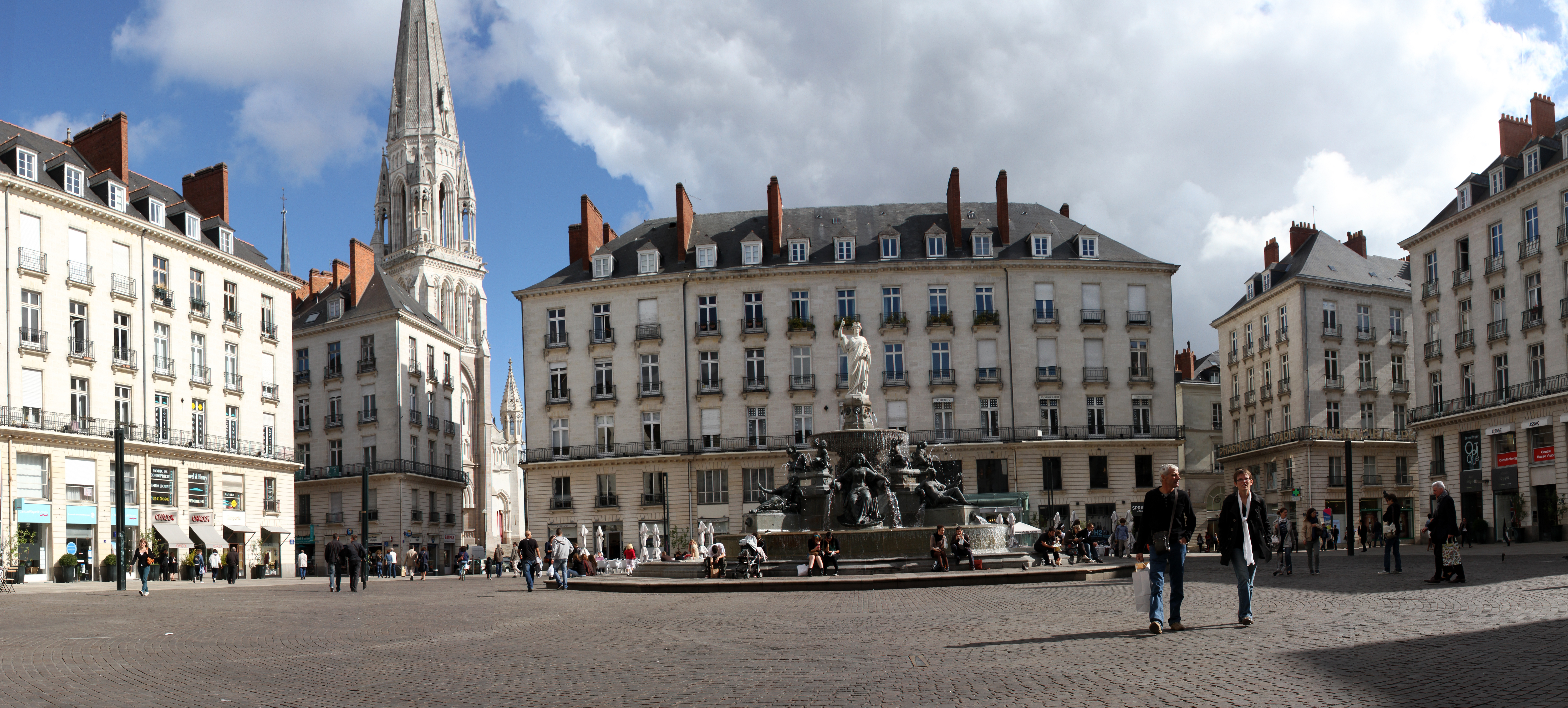
Nantes offers some of the most beautiful cycling in the world. Visitors can enjoy the beautiful landscapes of the Loire river along its cycling paths.
Image: Wikipedia Commons
Hamburg, Germany
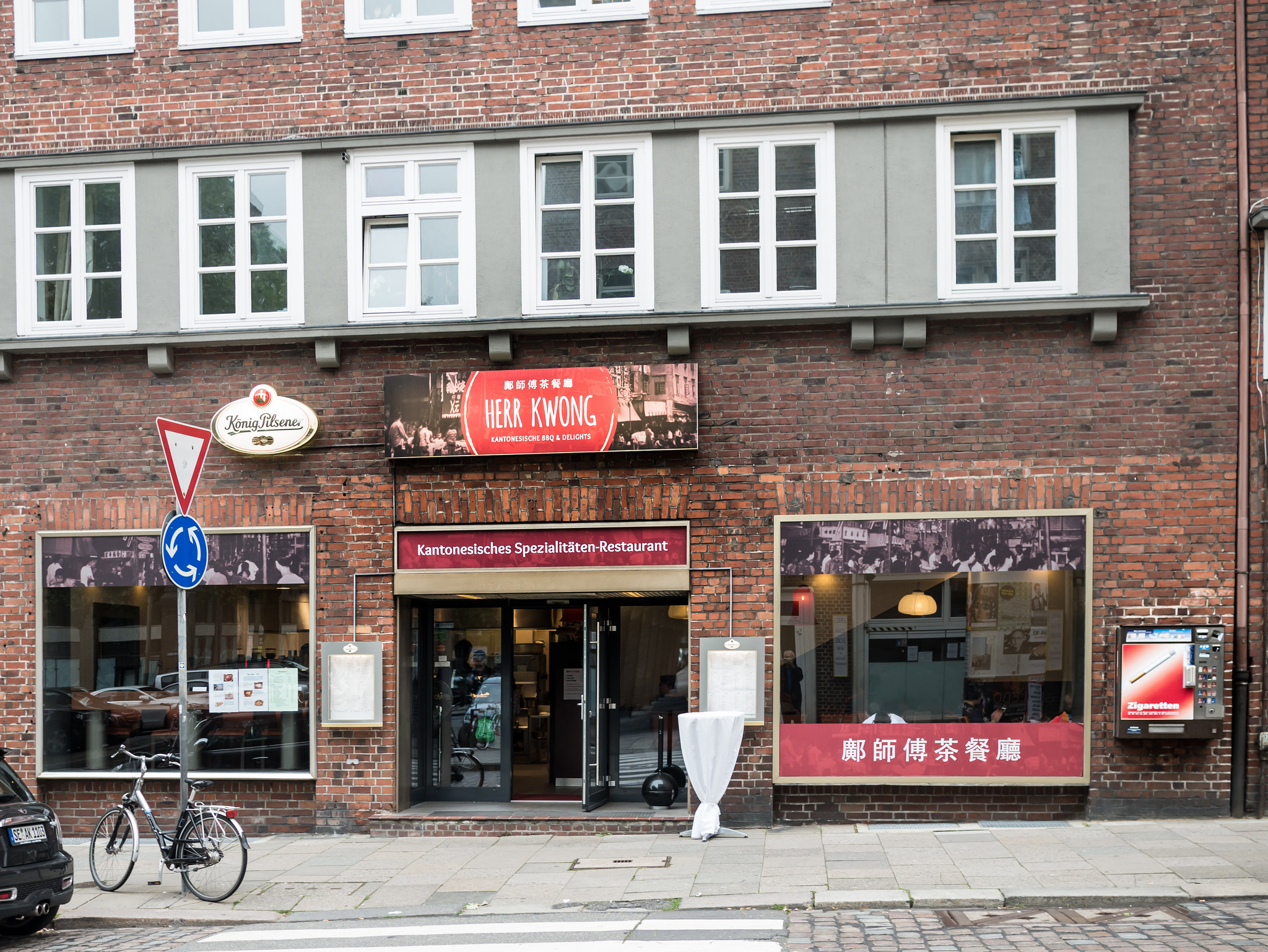
Hamburg has the most successful bike-share system in Germany and boasts many residential neighbourhoods you would think you were in Amsterdam or Copenhagen, with the impressive number of bikes about.
Image: Dave Collier / Flickr
Helsinki, Finland
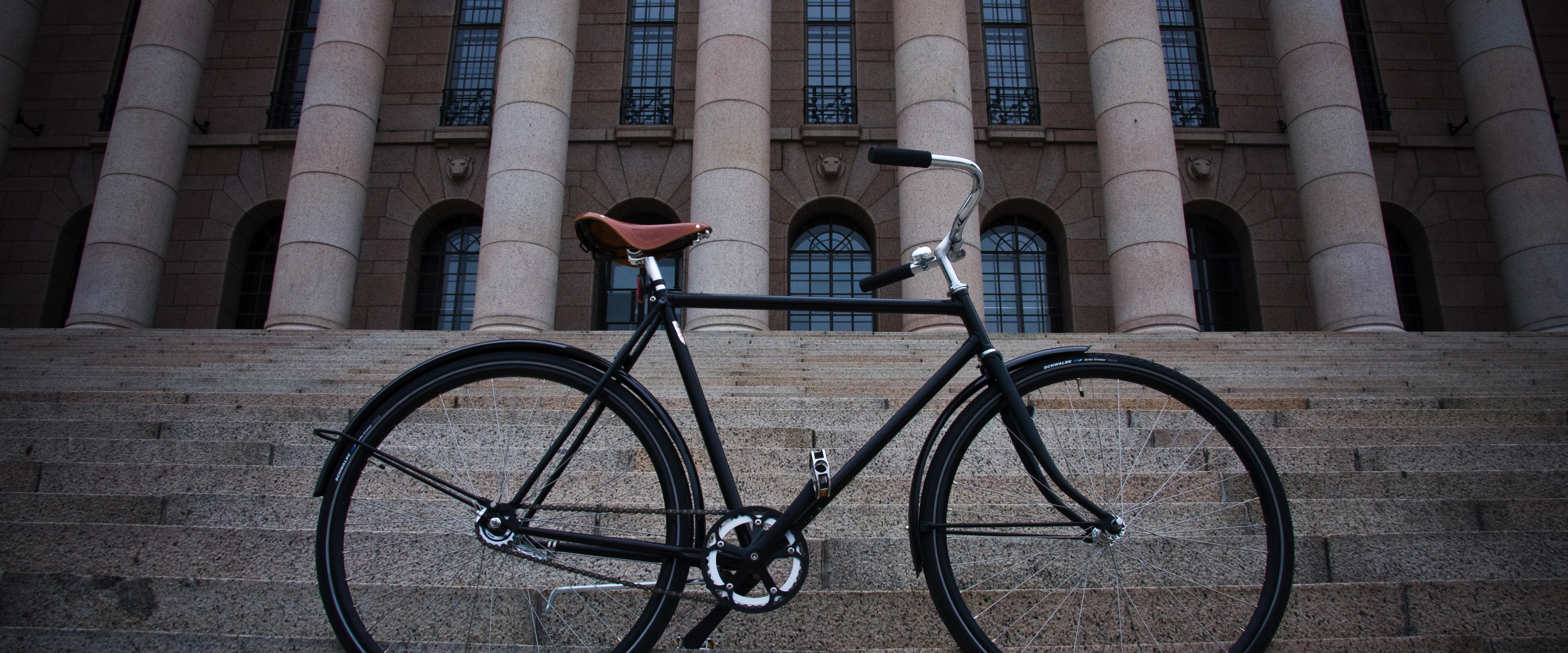
Documents dated all the way back to the 1930s show upwards of 10,000 cyclists a day on the main corridors of Helsinki. Impressive.
Image: Copenhagenize
Oslo, Norway
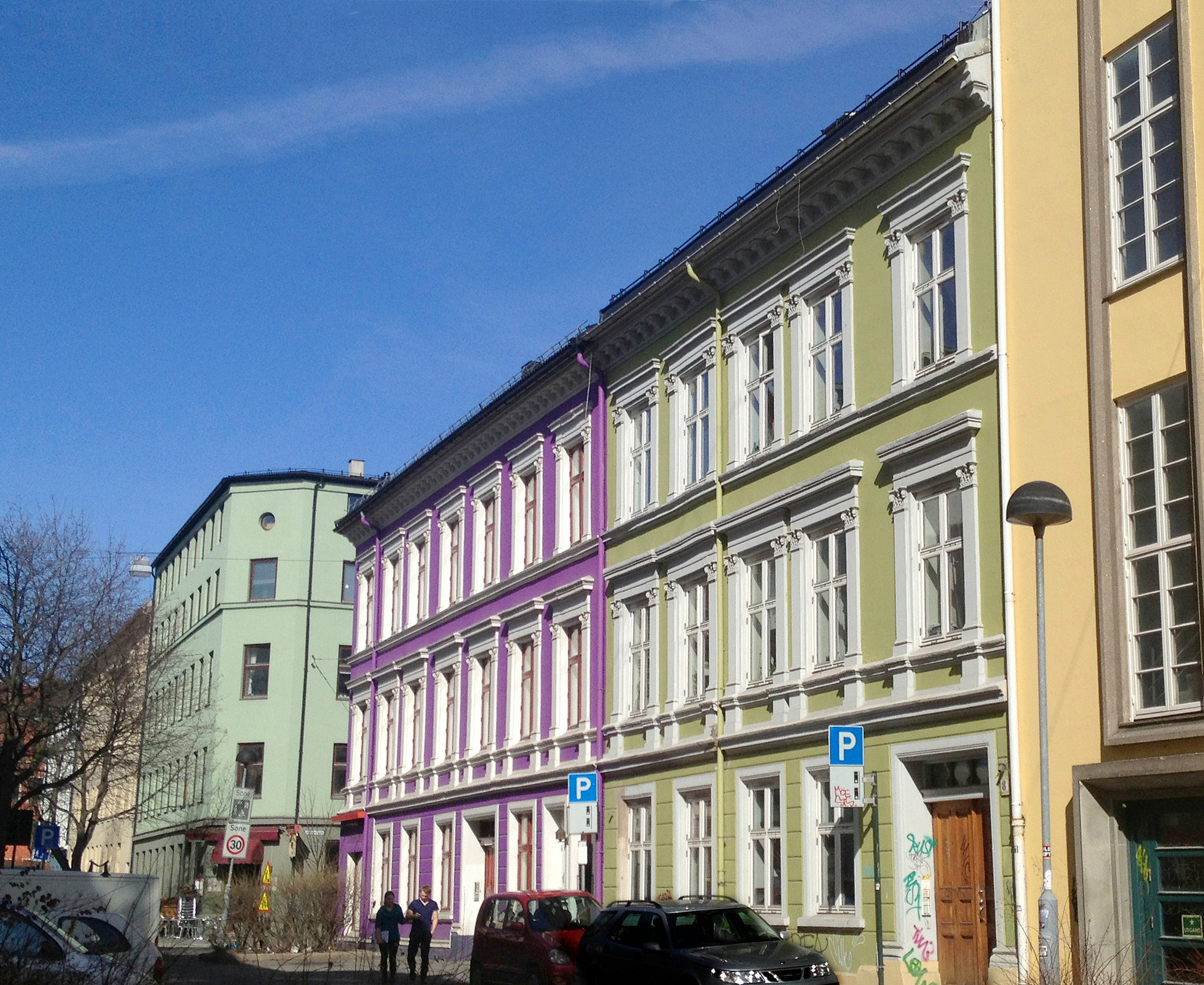
In an attempt to up cyclists, Oslo’s city centre will be closed to private cars by 2019.
Image: VisitOSLO / Flickr
Montréal, Quebec
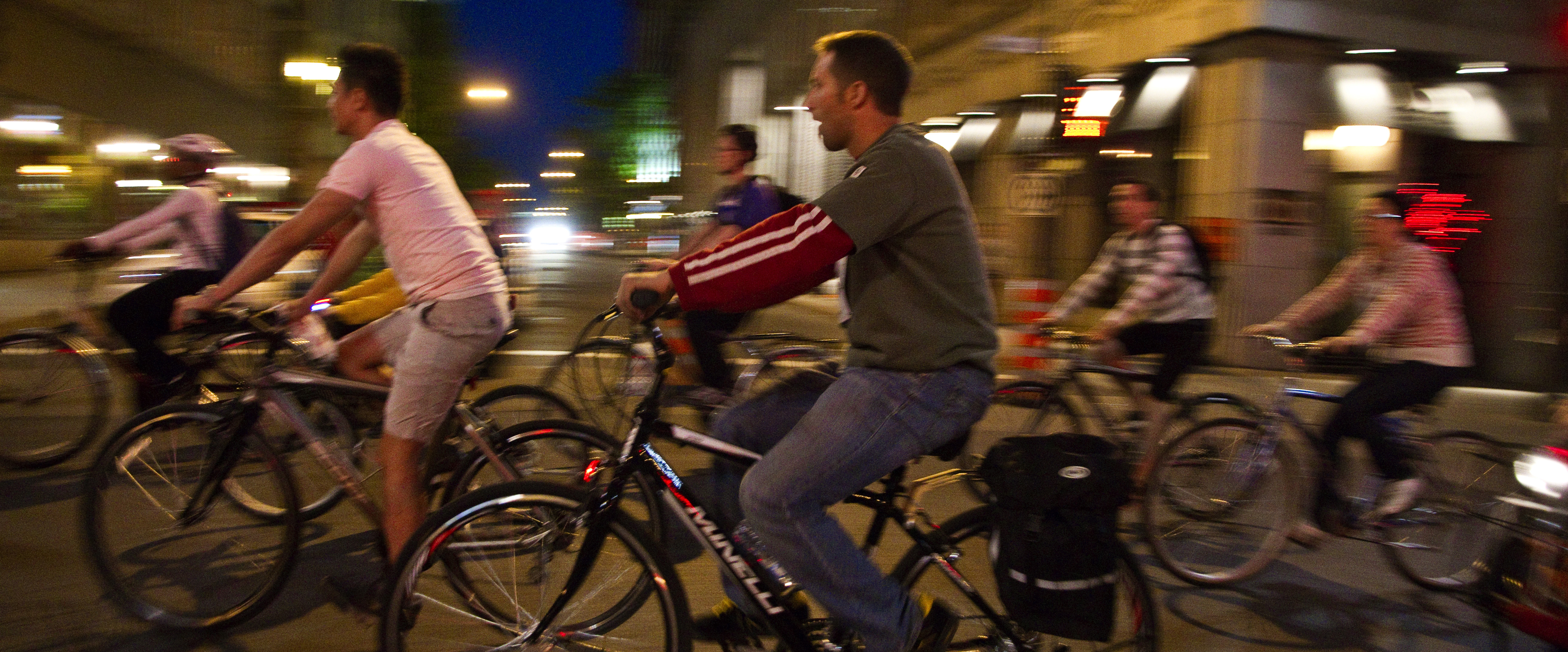
Montréal is one of the founding fathers of cycling, building specialised tracks before any other cities had even considered it.
Image: Copenhagenize
[/listicle](Lead Image: Tejvan Pettinger / Flickr)








